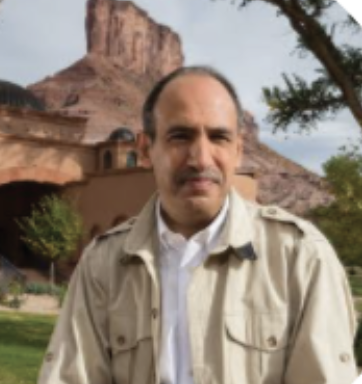Can attending a mass singing event not only make you feel better, but also make the world a better place? Dr. Shira Gabriel seeks the answer in this documentary. In groundbreaking work, social psychologist Gabriel is undertaking an ambitious study of the concept of collective effervescence, the feeling of sacredness and connection human beings experience in group activities such as concerts, and its potential role in human flourishing.
Psychologist Dr. Shira Gabriel and Koolulam co-founders Michal Shahaf, Or Teicher, and Ben Yaffet examine the role of music in the concept of collective effervescence, the feeling of sacredness and connection human beings experience in group activities such as concerts. In this documentary, Dr. Gabriel investigates the potential impact of attendance at Koolulam’s wildly popular mass singing events on long-term positive outcomes in human well-being, social connectivity and in the reduction of polarization among diverse groups of people.
In her research, Dr. Gabriel focuses on the role that mass singing events, like the ones hosted by Koolulam, have on collective effervescence. Koolulam describes itself as a social musical initiative aimed at strengthening the fabric of society, hosting large-scale singing events globally. Attendees, sometimes numbering in the tens of thousands, gather and learn a popular song, led by Koolulam’s conductor, then perform it at the end of the evening. They are not told beforehand what the song will be, or of any particular theme or message. The performances are professionally recorded and distributed online. The group’s performance of One Day, which brought together 3,000 Christians, Jews and Muslims in the city of Haifa, Israel, has been viewed hundreds of millions of times over social media.
Dr. Gabriel’s work will, for the first time, investigate the unique role music plays in generating feelings of collective effervescence, to learn what long-term impact attending mass singing events has on human spirituality, connection and wellbeing, and the possible role it may play in reducing polarization among diverse groups of people.

